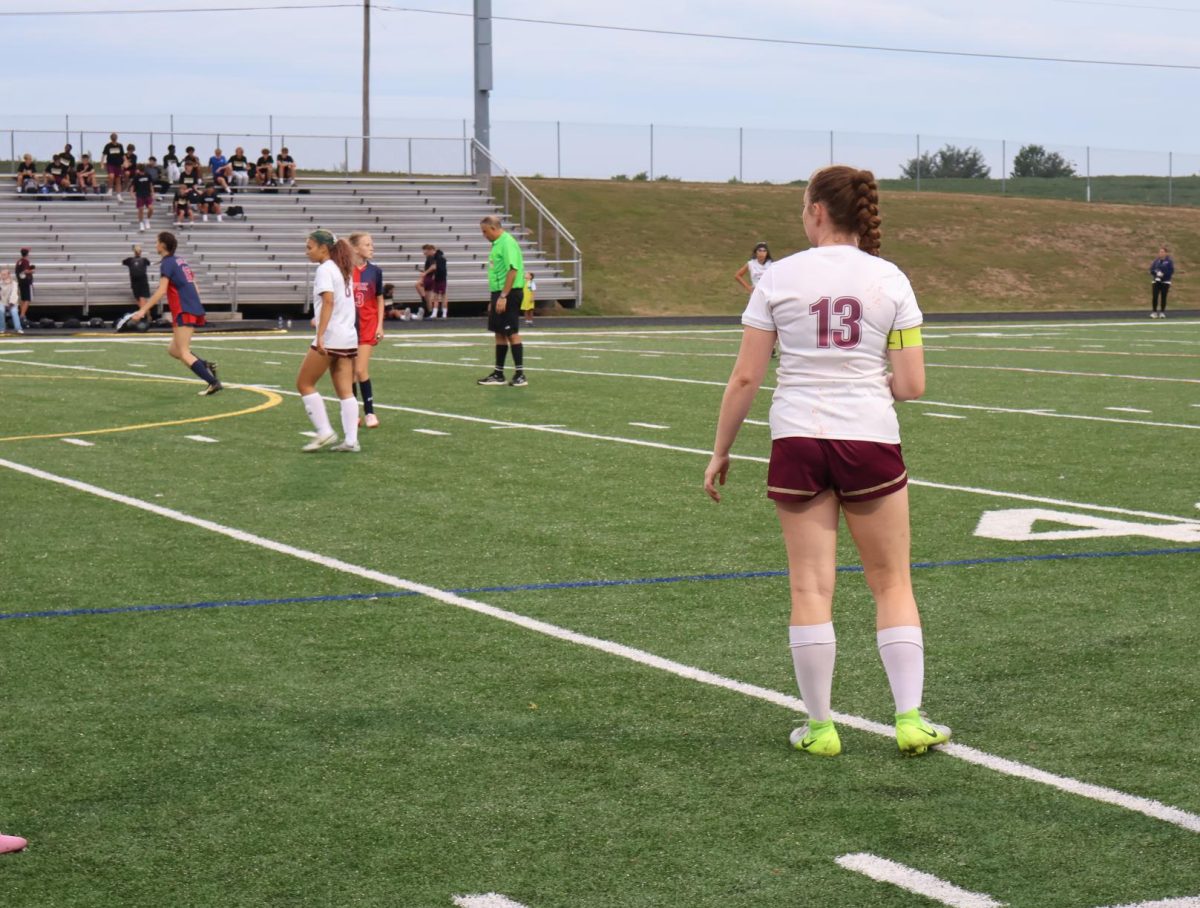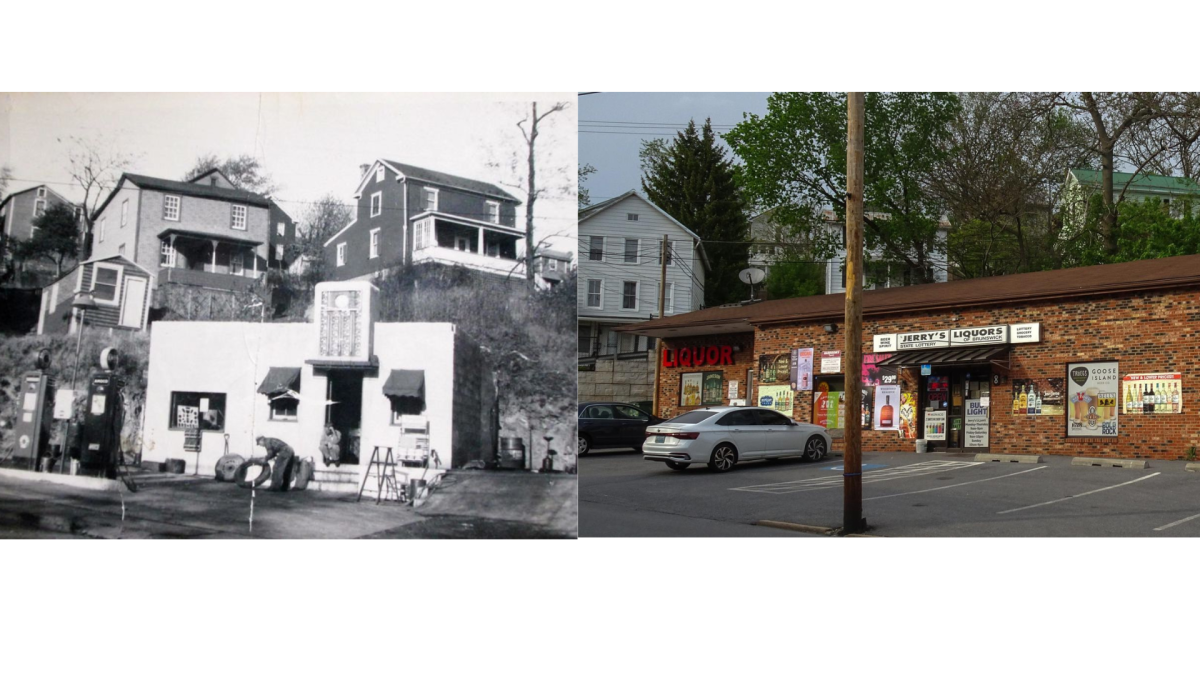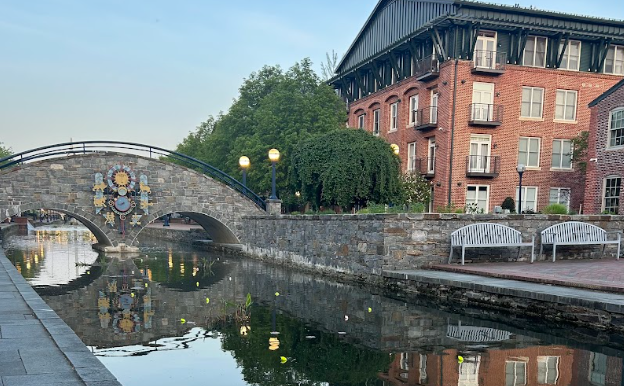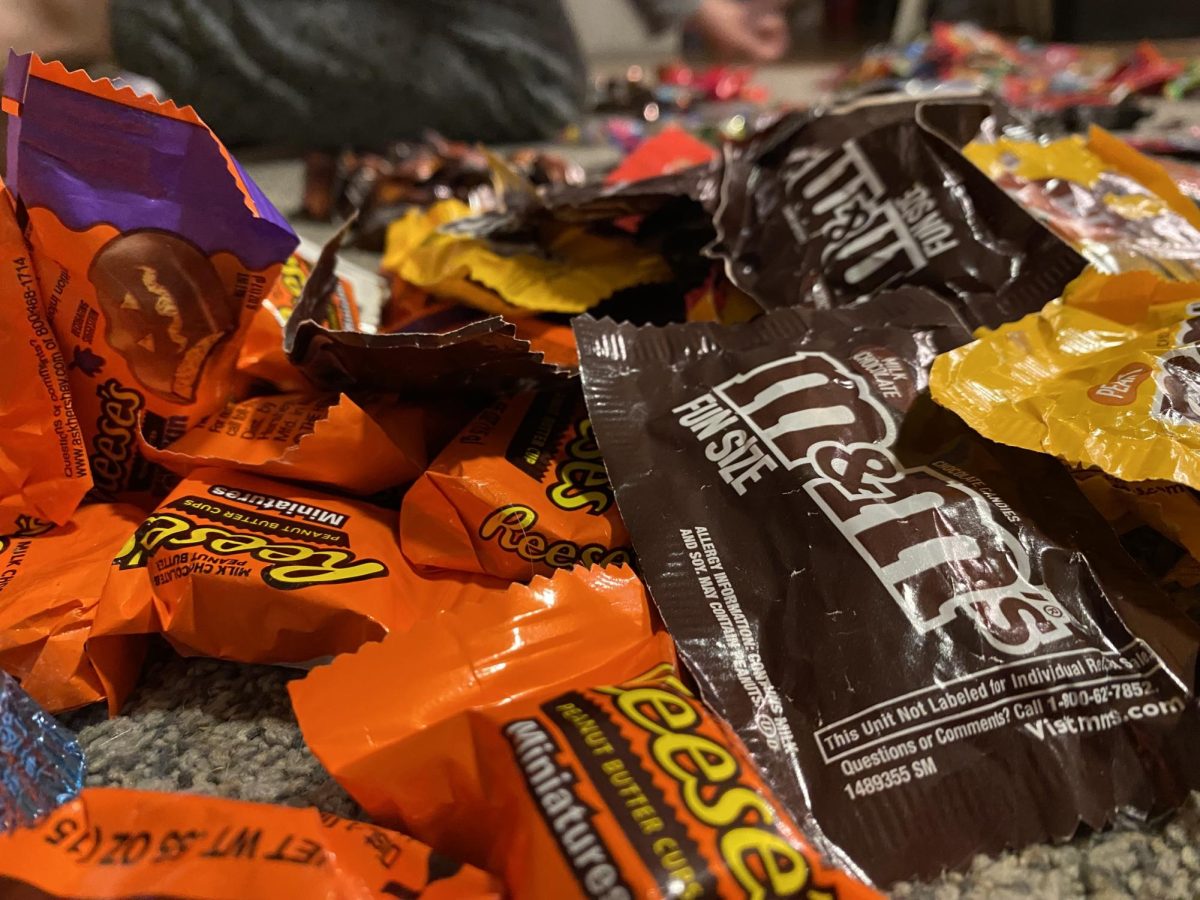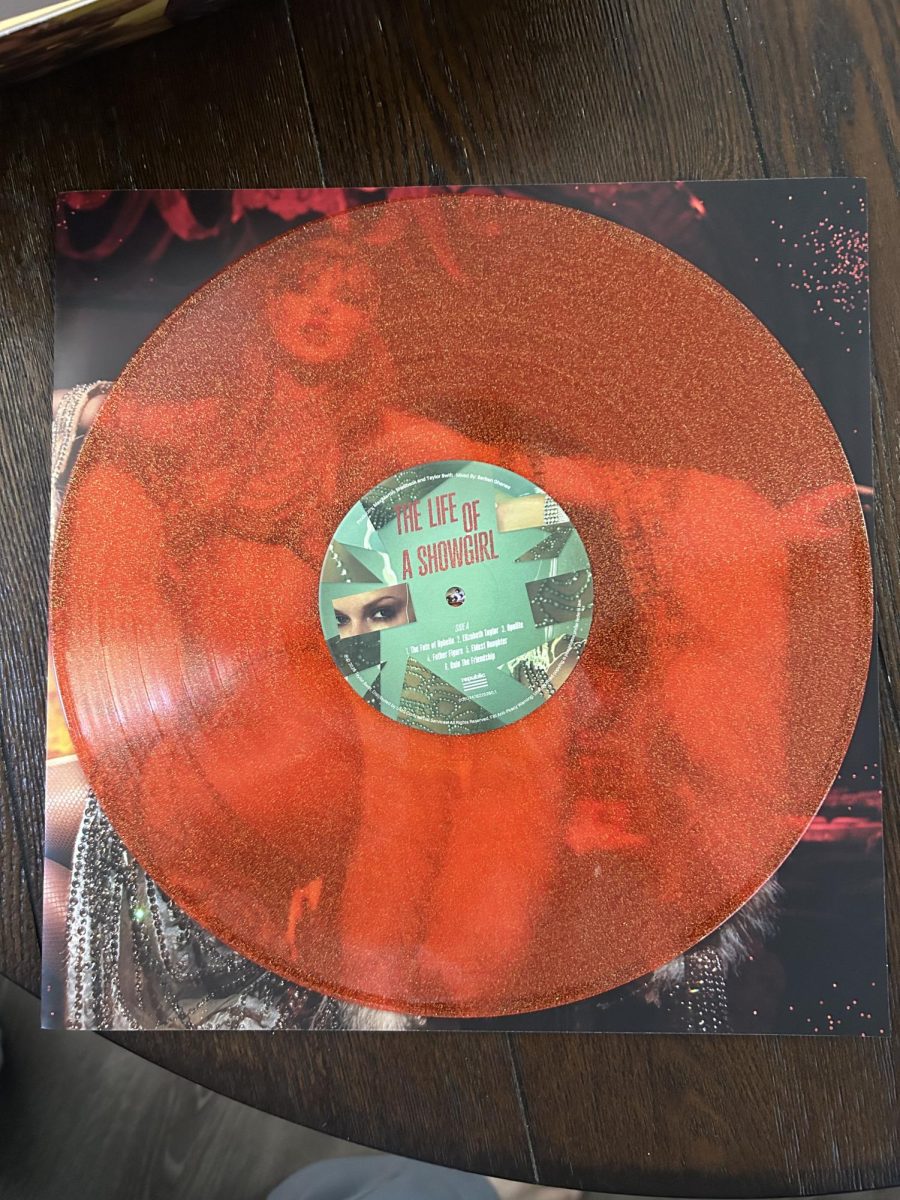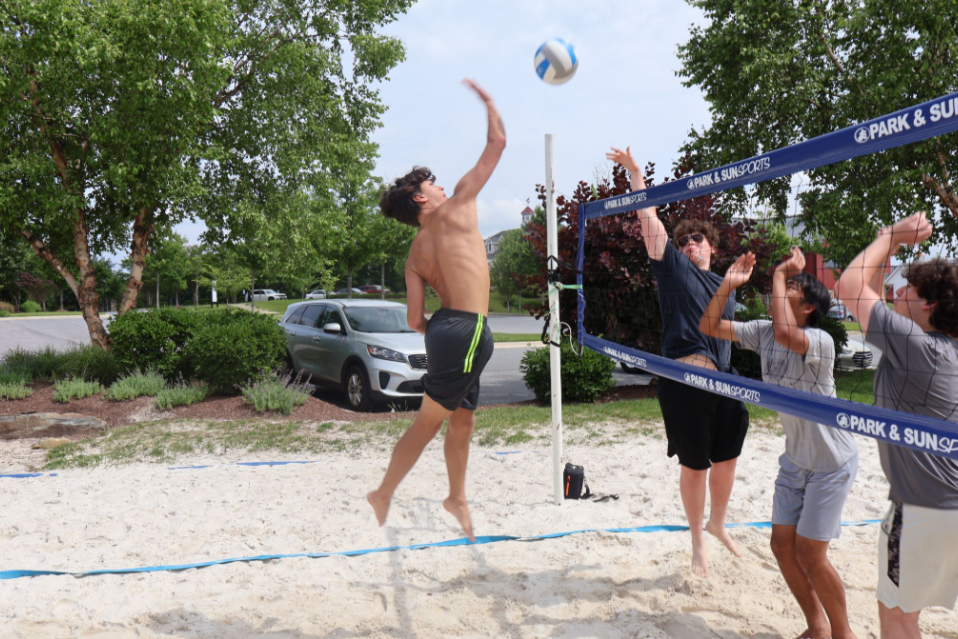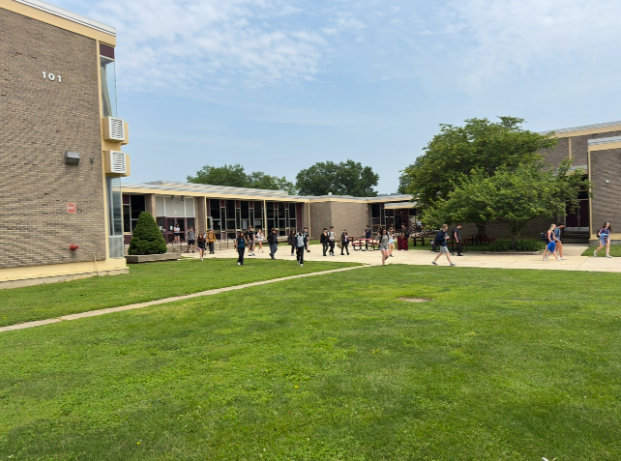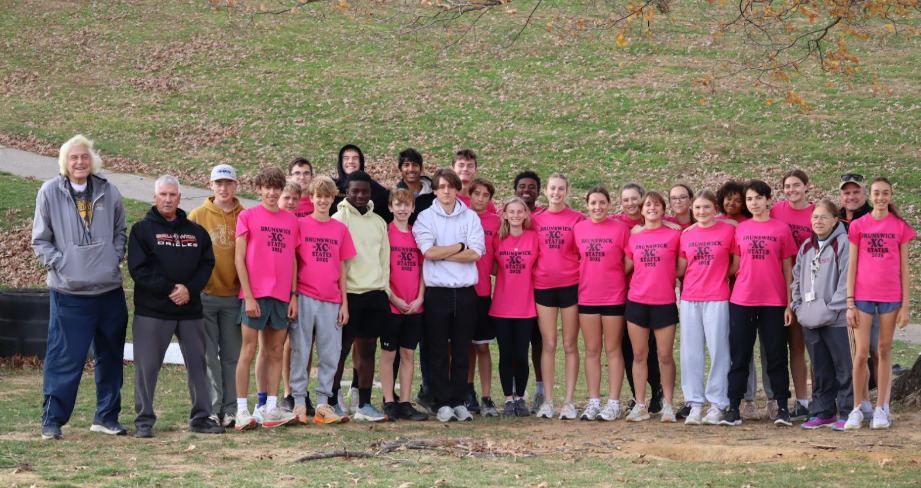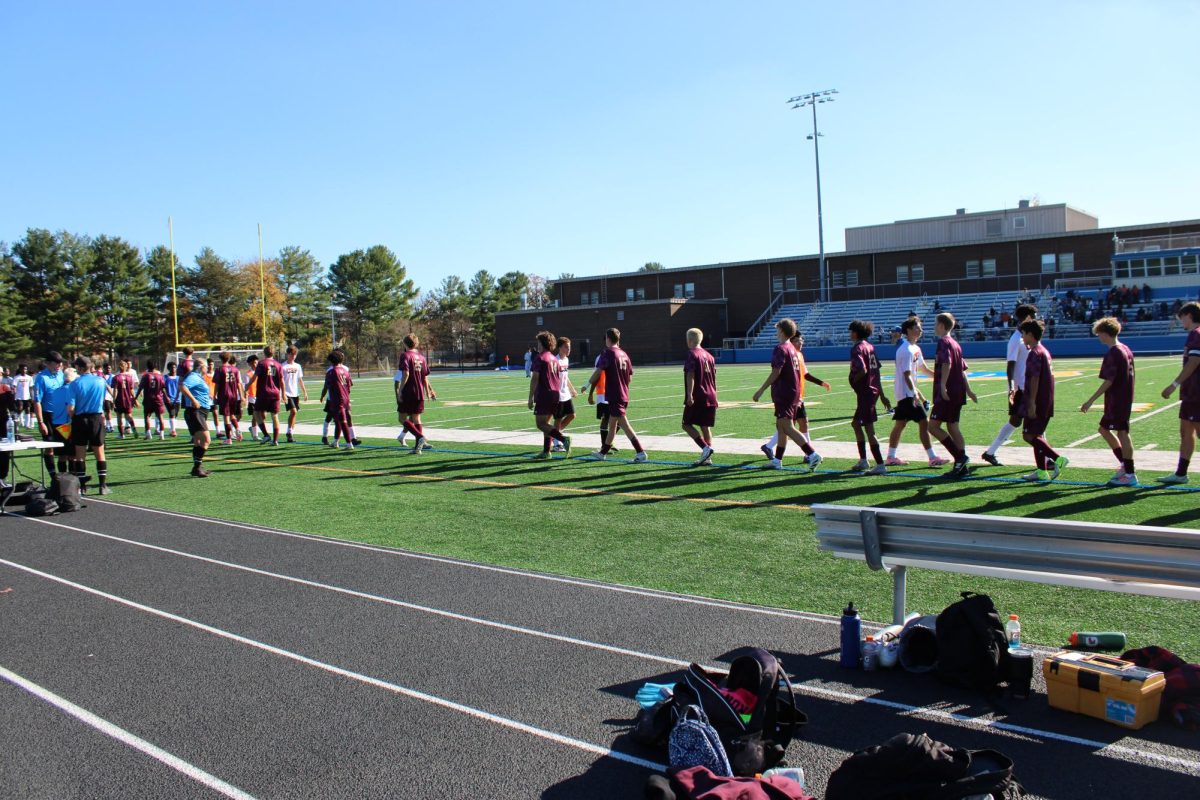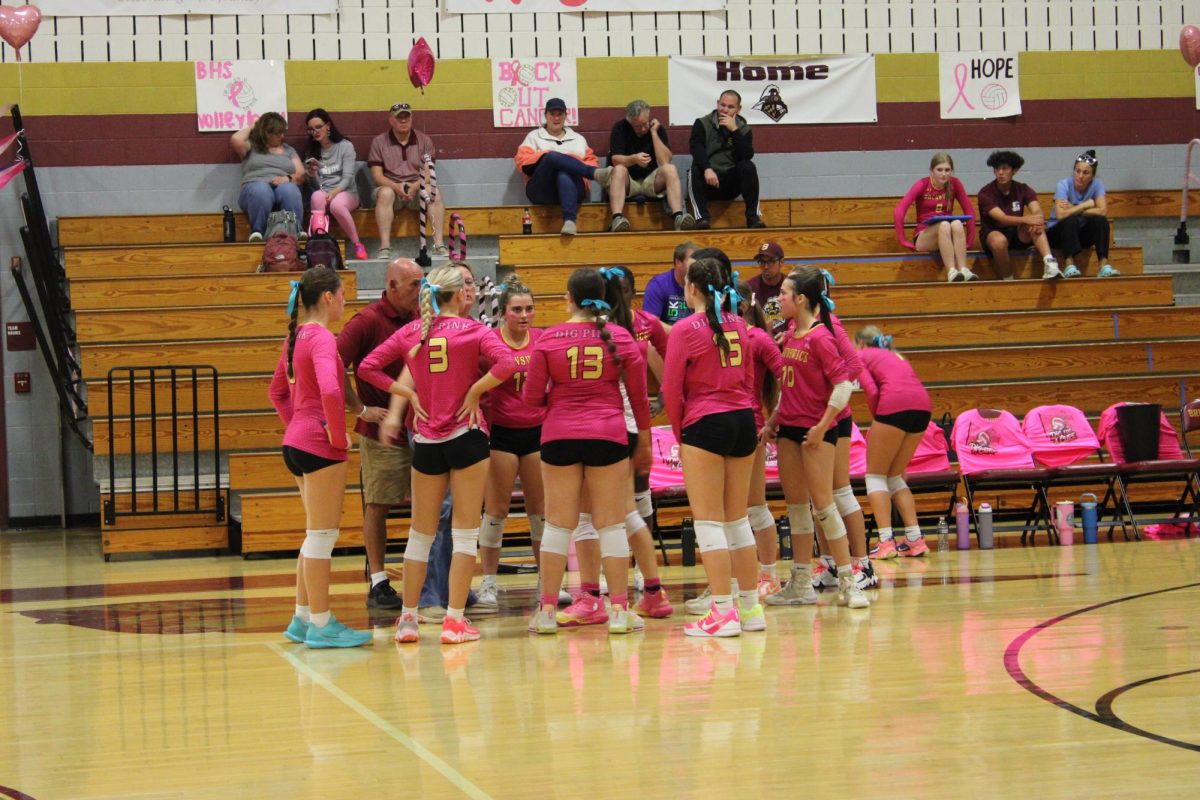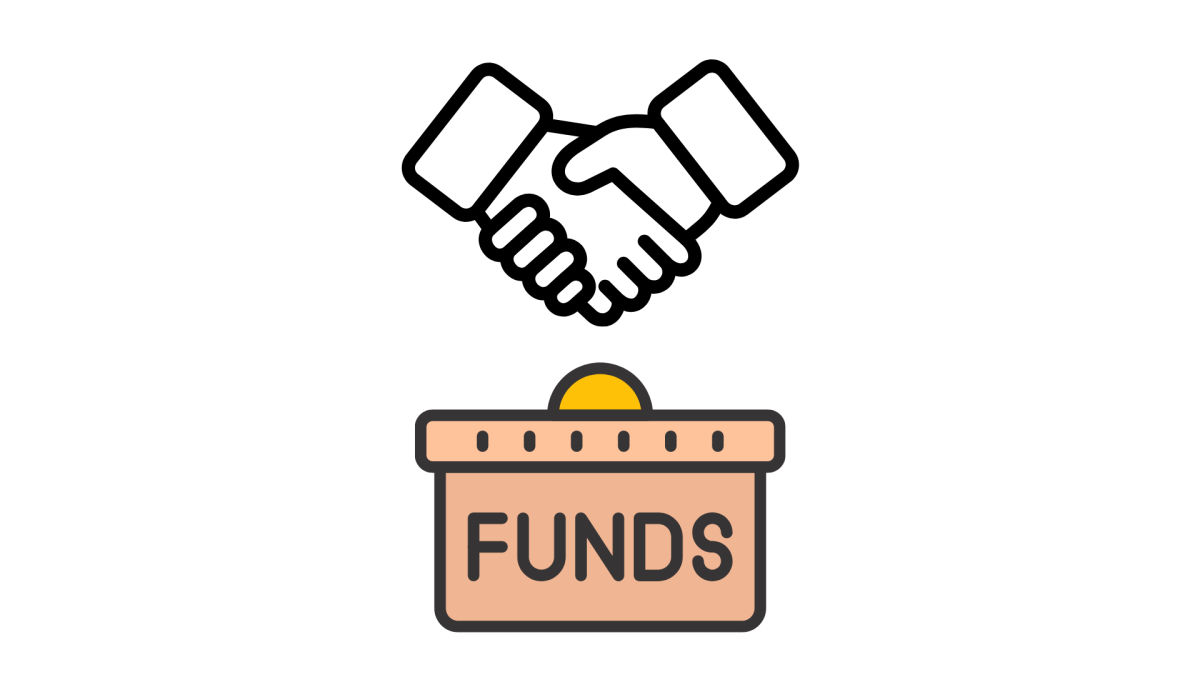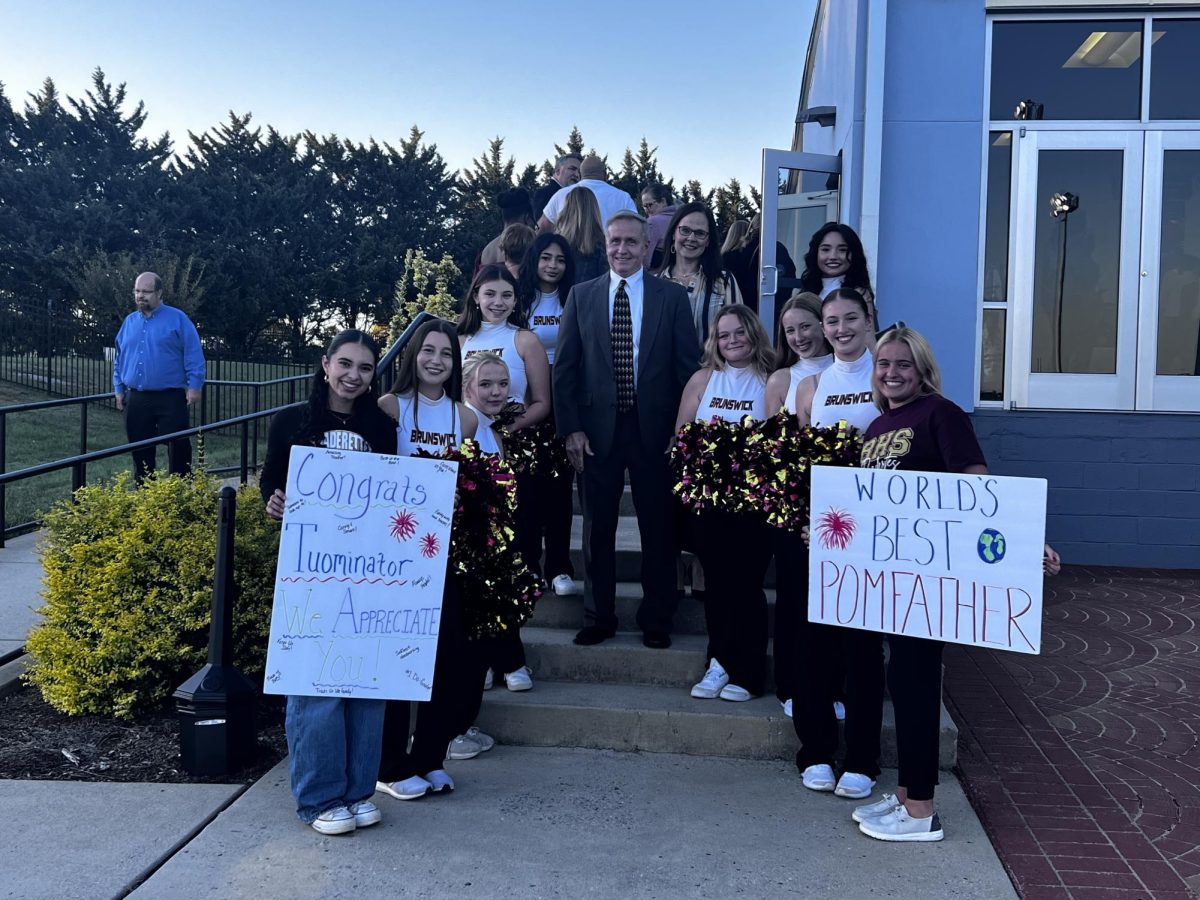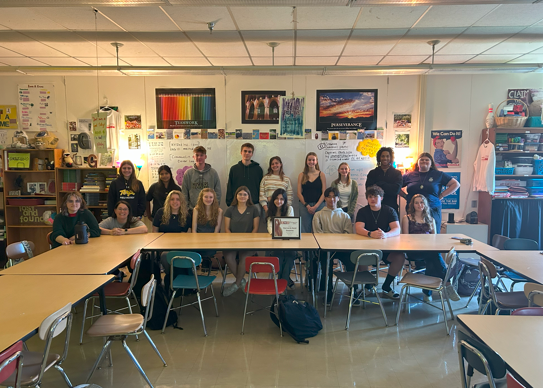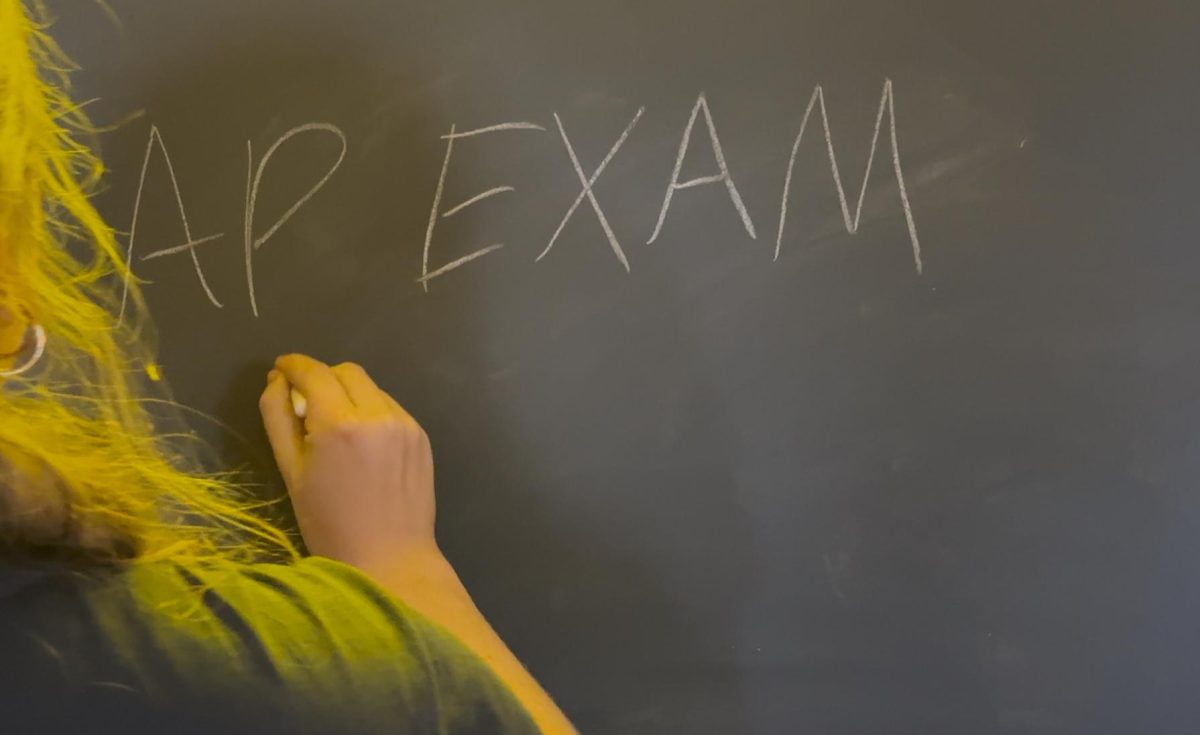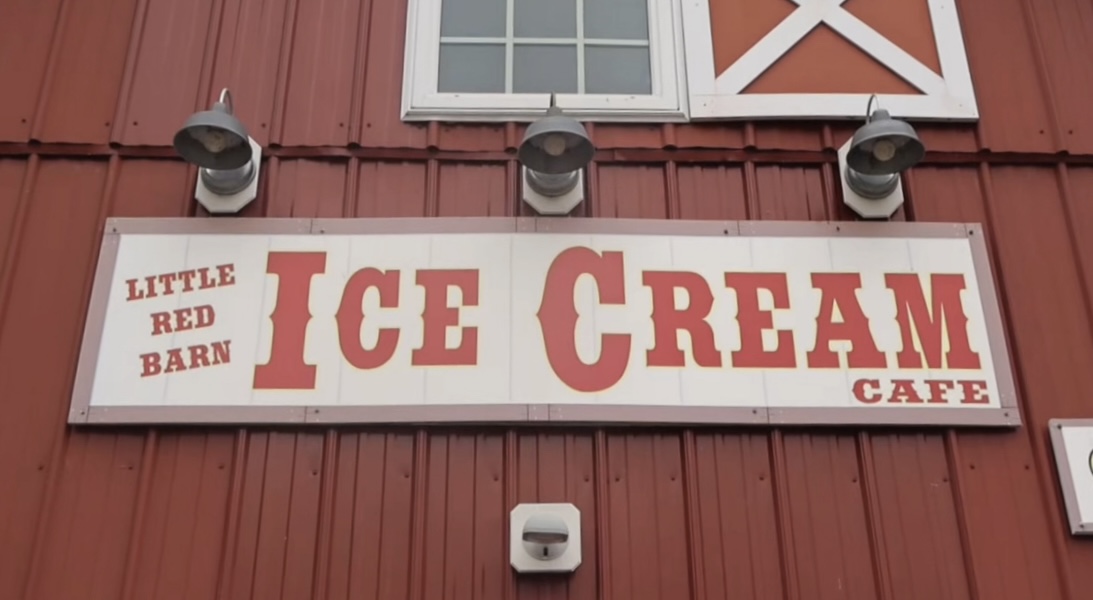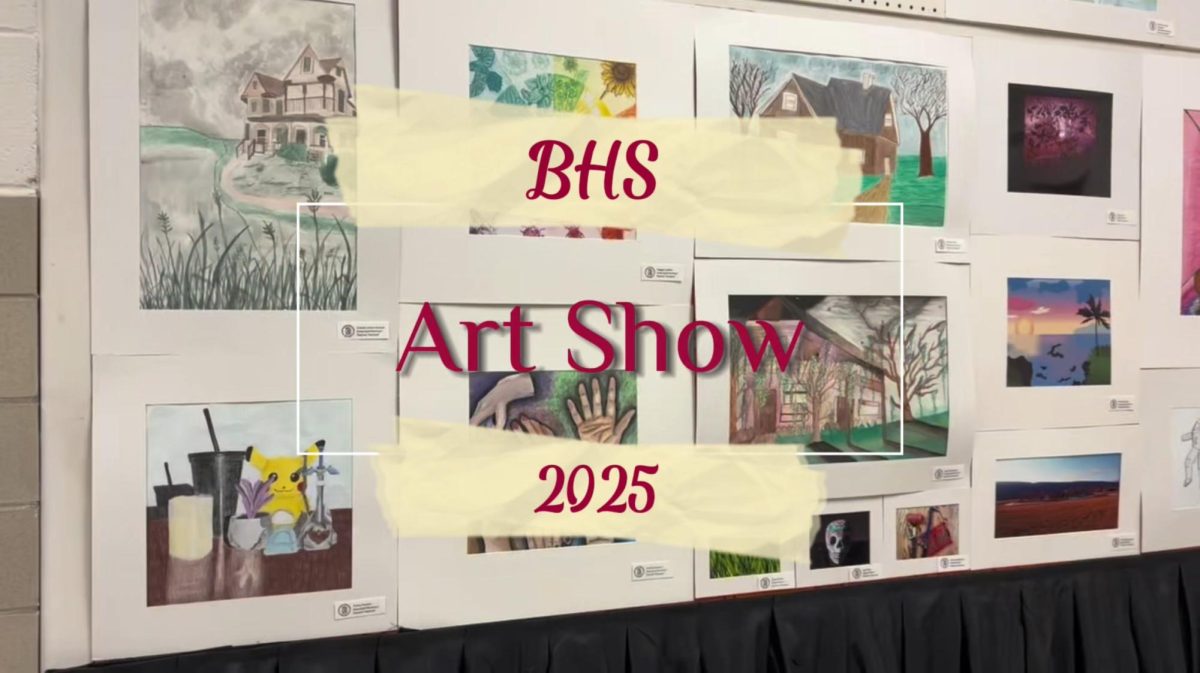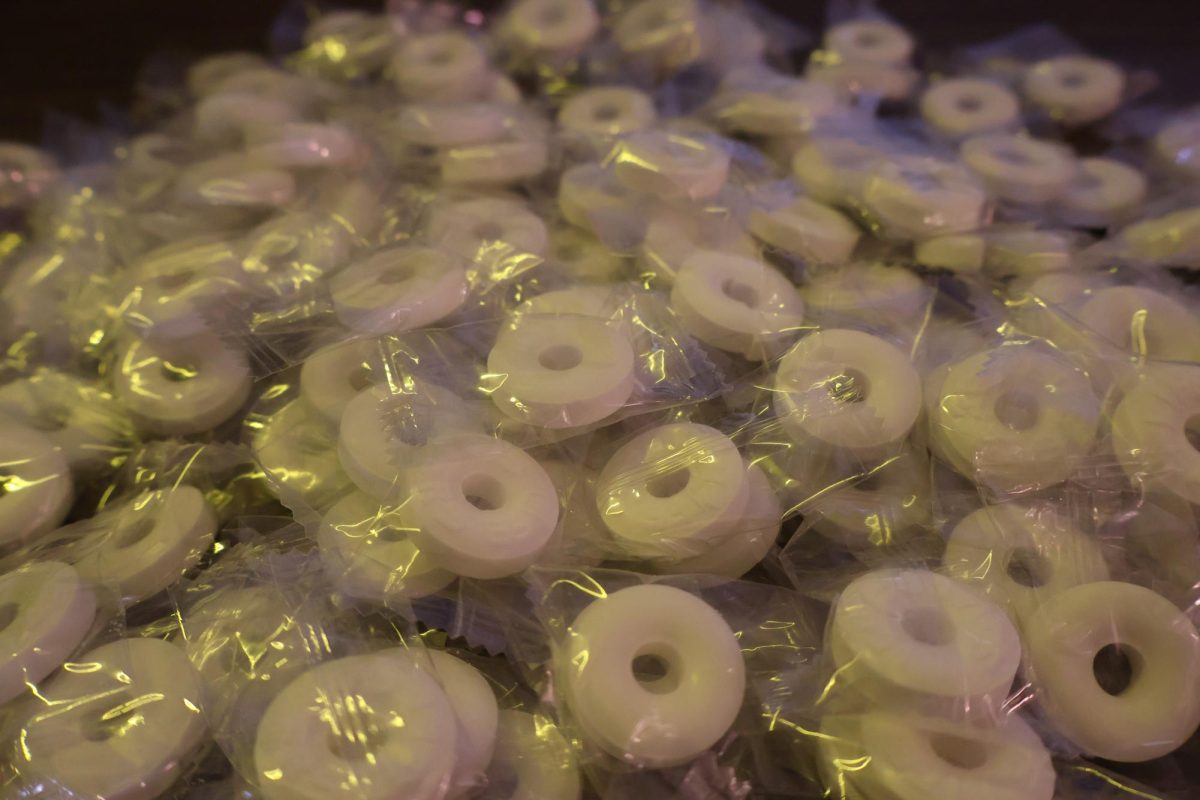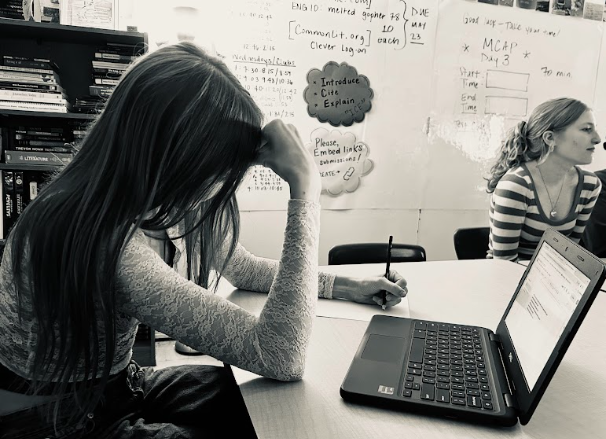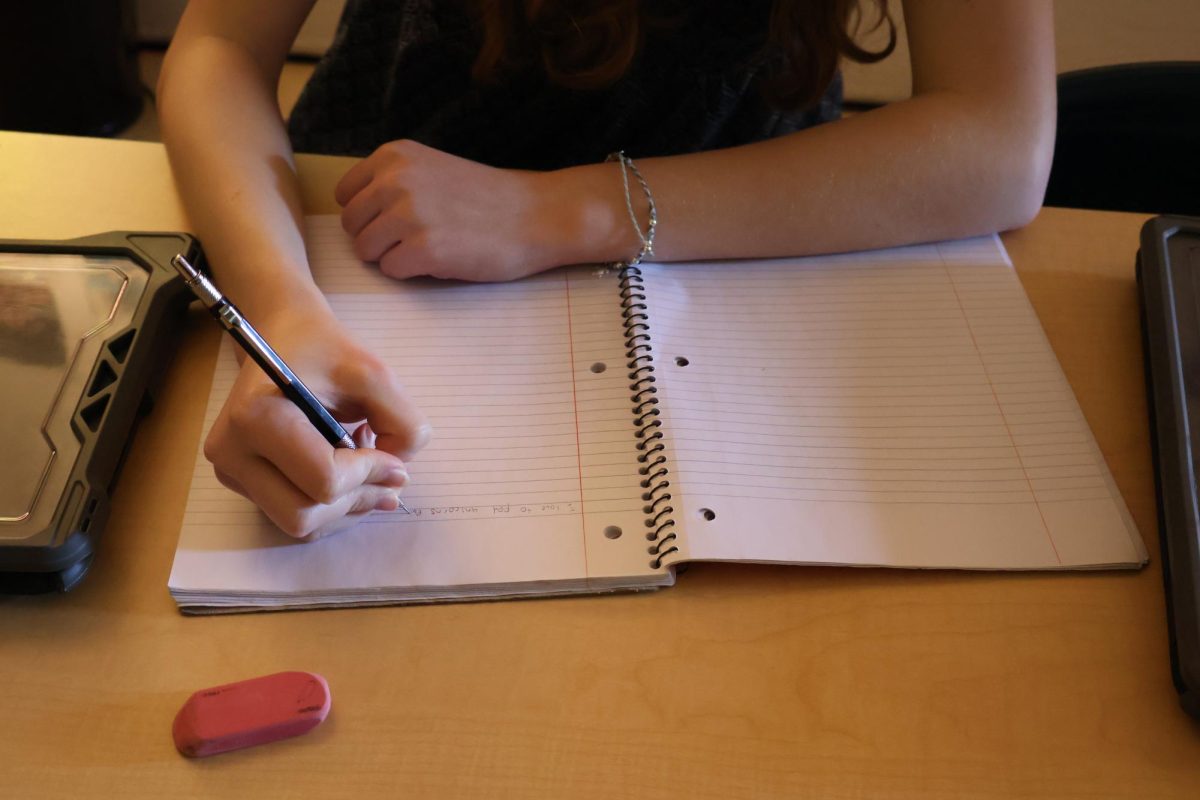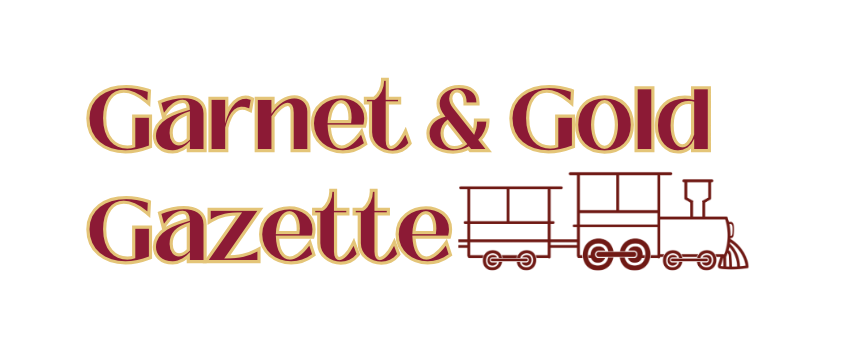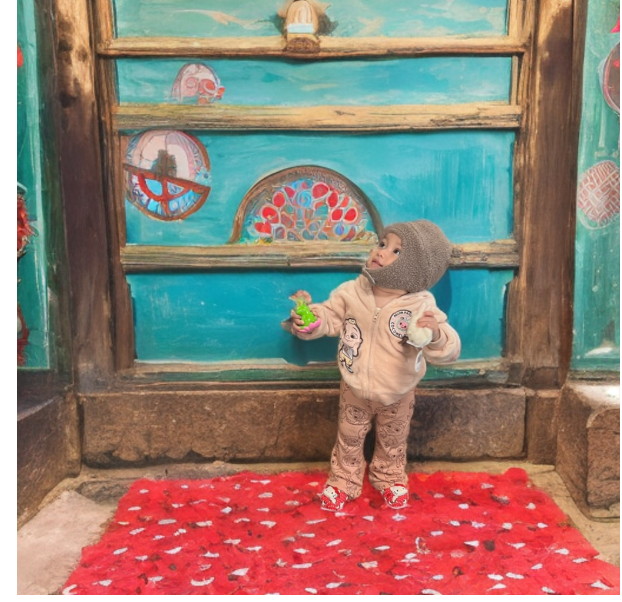How Babies Process Two Languages
How babies process two languages and manage to master their own native language and second language at such a young age is astonishing.
It’s amazing how their tiny little brains pick up two languages at the same time in such a little amount of time. Babies are able to distinguish between both languages effortlessly at such a young age without any confusion since they are exposed to hearing, and listening to their family members conversing at home since their arrival on earth. By doing the continuous factors it helps the baby unbind their natural superpower of speaking in either languages at such a young age. Likewise children from 6 months up to 2 years old manage to speak both languages proficiently with no speech delay interruptions.
The Cognitive Advantages Of Bilingualism In Babies
Bilingual babies are bound to open up countless amounts of abundant opportunities in the future, since they are generally shown to be more sharpened in critical analytical thinking skills. According to Forum stories Newsletter they suggest, “bilingual young adults not only fare better in the job market, but are also more likely to demonstrate empathy and problem-solving skills.” Reiterating that most bilingual babies that soon will become young adults in the future are more capable of sharing compassion with others, and think critically fast to any opposing problem they face. Since most bilingual speakers know what it’s like to struggle to communicate with others while learning the two languages at the same time. While it’s knowingly acknowledged that bilingual children have highly developed critical thinking skills, it’s really their fast cognitive flexibility, since their maneuvering two different languages at once.
Bilingual Babies: Difficult or Easy
Is it really difficult or easy to raise bilingual children. Raising a bilingual baby isn’t just about the quality of fluency in speaking two languages, it’s really the complexity of their little minds directing both languages instantaneously, it allows the tiny brain of the babies to expand their critical thinking skills including. Although some might argue that young children through the ages of 6 months to 2 years old are already hard enough to speak one language (monolingual) it’s really not bilingual.
A child in a bilingual family, from Valley Elementary School Kimberly Juarez says, “It’s easy to speak two languages because you can understand people in two different ways and share the same struggles we face.” Emphasizing, it’s not as complicated to speak in two different languages for the reason that you connect with people that speak different languages easily with the same struggles.
Another student, from Brunswick High School, sophomore Torin Connor, “It was hard because some would make fun of you, especially when traveling back to countries of your origin language, [In Torin’s case it would be Germany] because you have an American accent.” Torin Connor shares, “Knowing German helps you talk to [others] in class that know German too and it’s really fun.”
Knowing multiple languages helps people connect in so many ways, gives them more empathy in this world, and those skills are created from youth—as babies!


